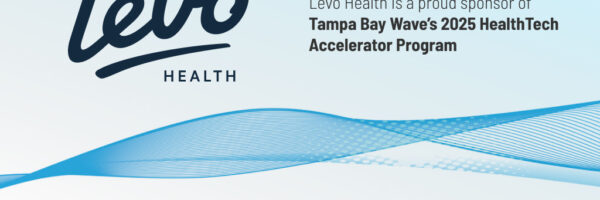Account-based marketing (ABM) has been a buzzword in the healthcare marketing industry for years. The idea is to tailor marketing messages to the individual based on their specific needs, behaviors, and preferences. With the increasing demand for personalized marketing experiences in all aspects of consumerism, healthcare marketing is no exception. Patients today expect a tailored experience relevant to their unique needs, and healthcare marketers need to take notice.
The Evolution of Personalized Marketing
Traditionally, healthcare marketing relied on demographic targeting, which involved grouping patients based on common characteristics such as age, gender, and location. Demographic targeting was a popular approach because it was relatively simple and cost-effective, but it lacked the precision and personalization that today’s patients demand.
With the ability to offer a hyper-focused, omnichannel experience, individualized targeting is emerging as the preferred approach in healthcare marketing.
Why Switch from Demographic Targeting to Individualized Targeting
By leveraging consumer data, technology, and analytics, healthcare marketers can craft unique messages and content for the specific types of patients most likely to convert. These personalized messages appeal to the exact needs of each individual, building trust and credibility from the start.
The use of technology, such as artificial intelligence (AI) and machine learning (ML), has enabled healthcare marketers to gather and analyze vast amounts of data, making individualized targeting a reality.
The Impact of AI and Machine Learning
AI and ML algorithms can analyze consumer behavior, preferences, and demographics to deliver the highly relevant messages and experiences needed for conversion.
For example, AI-powered chatbots on a provider’s website can offer patients instant access to personalized information and support, while ML algorithms can help healthcare marketers predict shifts in consumer behavior, making it possible to deliver the right messages at the right time.
Experience Personalization at Scale
One of the key benefits of AI and ML in healthcare marketing is the ability to personalize at scale. In the past, personalization was a time-consuming and manual process, but today, AI and ML algorithms can process vast amounts of data in a matter of seconds.
However, privacy regulations, such as GDPR in Europe and HIPAA in the US, have added additional complexities to the equation. Healthcare marketers need to be mindful of privacy concerns while implementing personalization strategies.
Emerging Trends in Personalized Marketing
The healthcare industry is rapidly changing, and personalization is no exception. Conversational interfaces, such as the chatbots discussed above, are becoming more prevalent, allowing patients to get relevant information on their health and set appointments in a natural, conversation-like manner.
Additionally, patient-generated data from wearables and health-tracking apps allows marketers to gather even more information about their target audience.
Conversational Interfaces
Chatbots can be programmed to provide personalized responses based on the user’s past interactions and other existing data. For example, if a user has previously asked a chatbot to find information about a specific condition, the chatbot can use AI and ML algorithms to provide more personalized results in future conversations with the same user.
One of the key benefits of conversational interfaces is their 24/7 availability, which allows patients to access information and support whenever they need it. This not only enhances the overall patient experience but is critical for building trust and loyalty.
Patient-generated Data
The rise of wearables and health-tracking apps has made it possible for marketers to target audiences using data generated by those devices. Messaging can be tailored based on health metrics, lifestyle, behaviors, and more.
Additionally, patient-generated data can be used to identify potential patients who are most likely to benefit from a healthcare provider’s services. This can be especially useful for marketing campaigns that focus on condition or symptom-specific treatments.
Marketing Personalization for an HCP Audience
While account-based marketing is a great tool for B2C marketing (targeting patients), it is equally effective for B2B marketing, which targets healthcare provider (HCP) audiences. With the ability to target specific titles, departments, and affiliations, HCP personalization can help cut through the clutter and deliver the most relevant messages to the right people.
Personalize Your Healthcare Marketing Strategy with Levo Health
Levo Health is a full-service healthcare marketing agency with powerful targeting solutions. Our team can create personalized, highly targeted campaigns tailored to the needs of your audience. We offer advanced segmentation and targeting tools, as well as automated workflow technology, so you can deliver customized messages to enhance your healthcare marketing strategy. Contact us today to learn more.
















